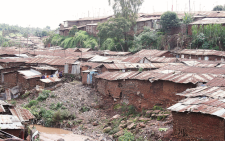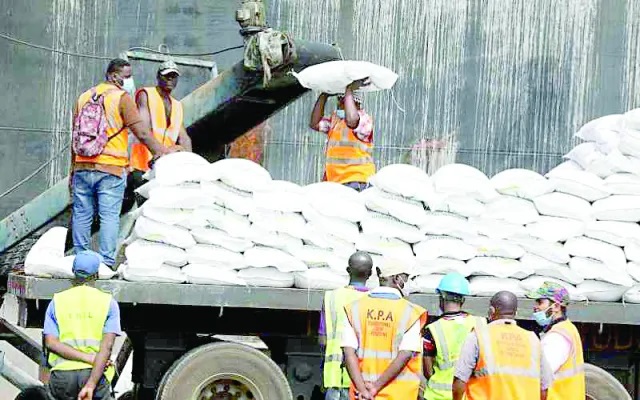Kebs; Fancy cloth masks might not cushion one from infection

Kenya Bureau of Standards has warned that some cloth coverings being used as masks might not guarantee protection against coronavirus despite increasing attempts by tailors to increase production.
In the last two weeks, several industries and tailors across the country have started manufacturing masks to cover the mouth, nose and chin to provide a barrier to minimize the direct transmission of infectious agents.
It follows a shortage of masks and a mandatory regulation by the Ministry of Health requiring people to wear masks in public settings such as pharmacies, grocery stores, markets and supermarkets and other public places where social distancing measures are difficult to maintain.
Kenya gazetteed this rule after the World Health Organisation (WHO) warned coronavirus can remain suspended in the air for hours.
In a statement to media on April 11, Kebs warned while there is limited supply of personal protective equipment (PPEs) for health workers and encouraged the general public to leave the N95 masks to the healthcare workers and patients, some locally tailored masks do not meet the threshold.
“Caution was given that reusable cloth coverings made of woven fabrics may offer limited protection against the coronavirus as there is no data to indicate their effectiveness in filtering bacteria and virus projected forcefully during sneezing or coughing and urged the public to take additional measures such as social distancing and hand washing with soap for at least twenty seconds several times a day,” read the statement in part.
There is no Kenyan Standard for these types of covering and cloth material masks should be made of double layer of fabric with a filter layer in the middle for greater protection.
“The general public must take heed that such cloth coverings do not guarantee protection against coronavirus,” Kebs said, advising the public to wash the re-usable Face Masks with soap and water
before use.
“Wearing of masks will help in blocking virus-laden droplets projected during sneezing, coughing and talking that could be both from external environment and by the wearer of the mask thus preventing transmission of the coronavirus. However, there is need to be careful when purchasing these masks to ensure that they are of good quality for maximum protection,” said Lt. Col. (Rtd) Bernard Njiraini, Managing Director, Kebs.
Currently, there are two types of masks covered under Kenya Standards that are being used locally namely; surgical masks including N95 and particle masks that protect against dust.
The regulator is however assisting tailors meet the required standards through a platform on the Kebs website .















